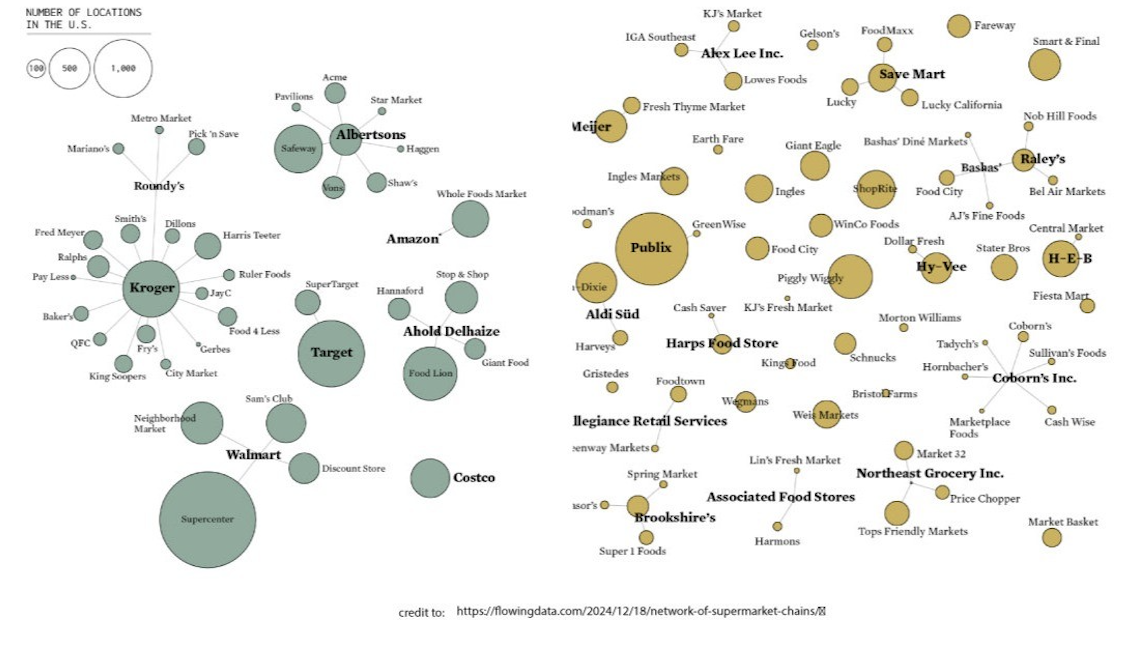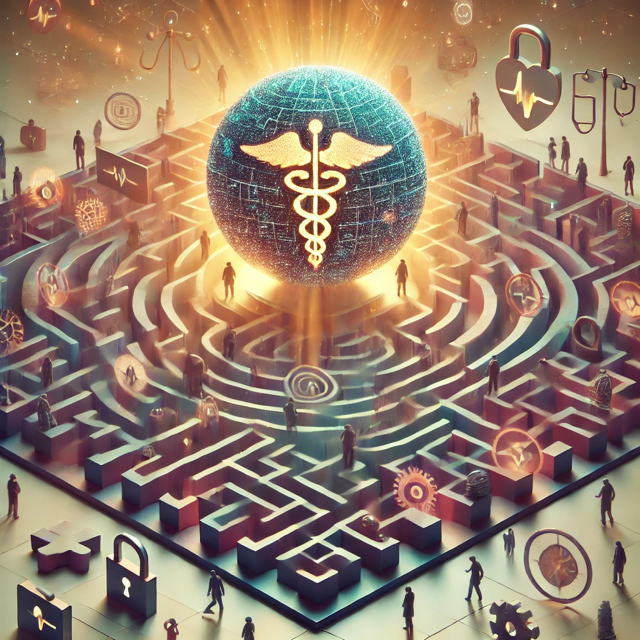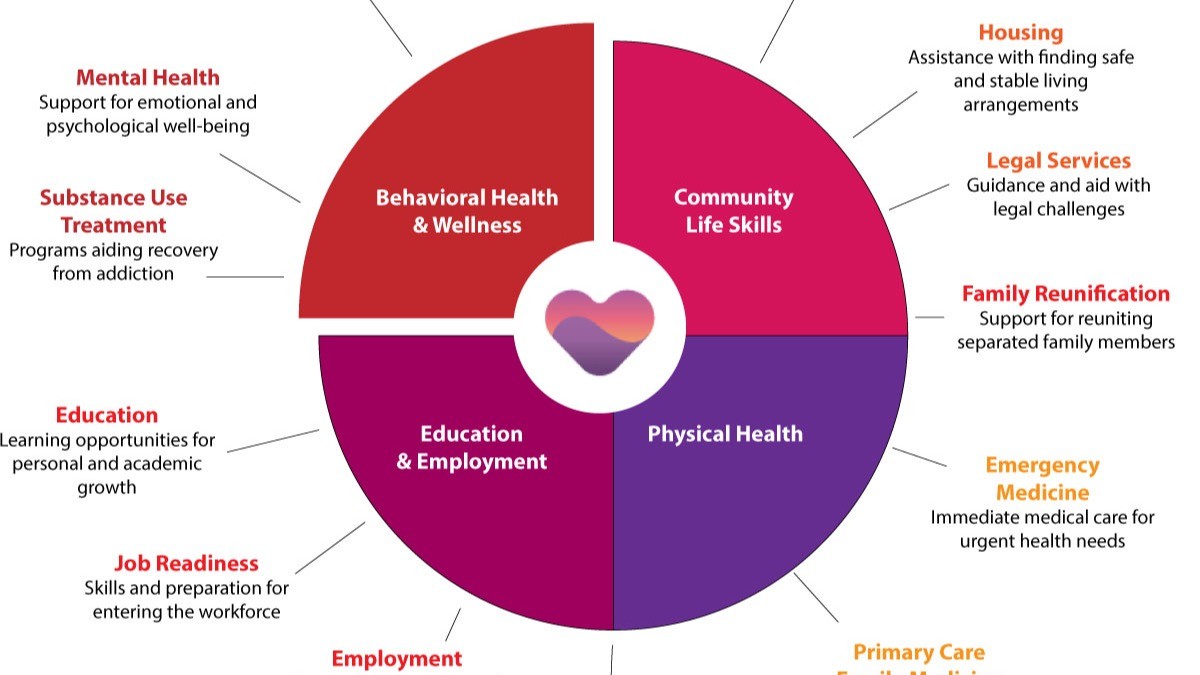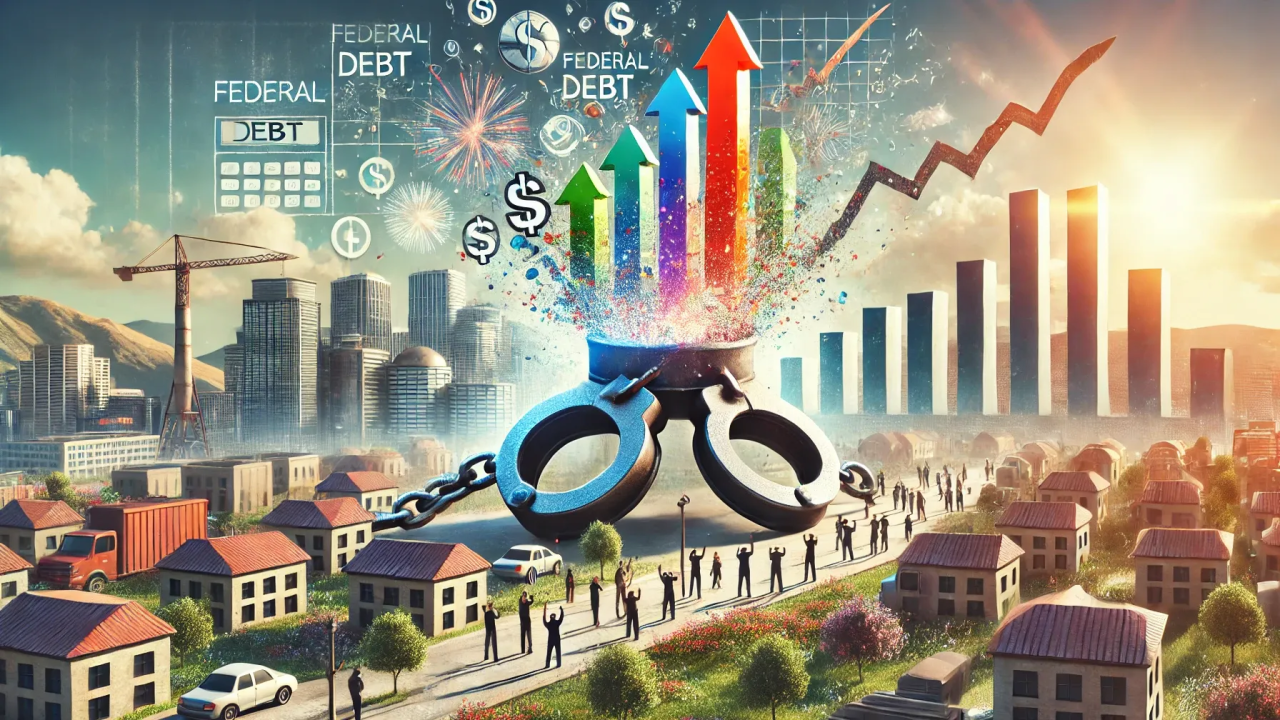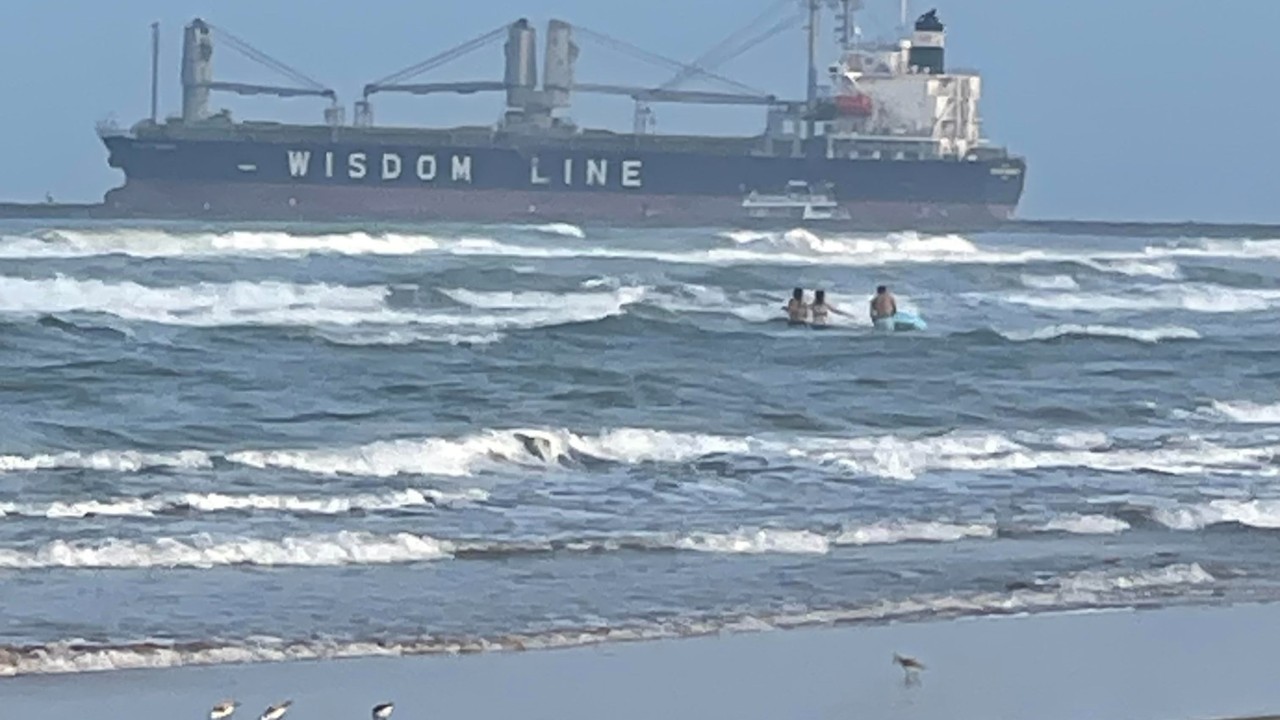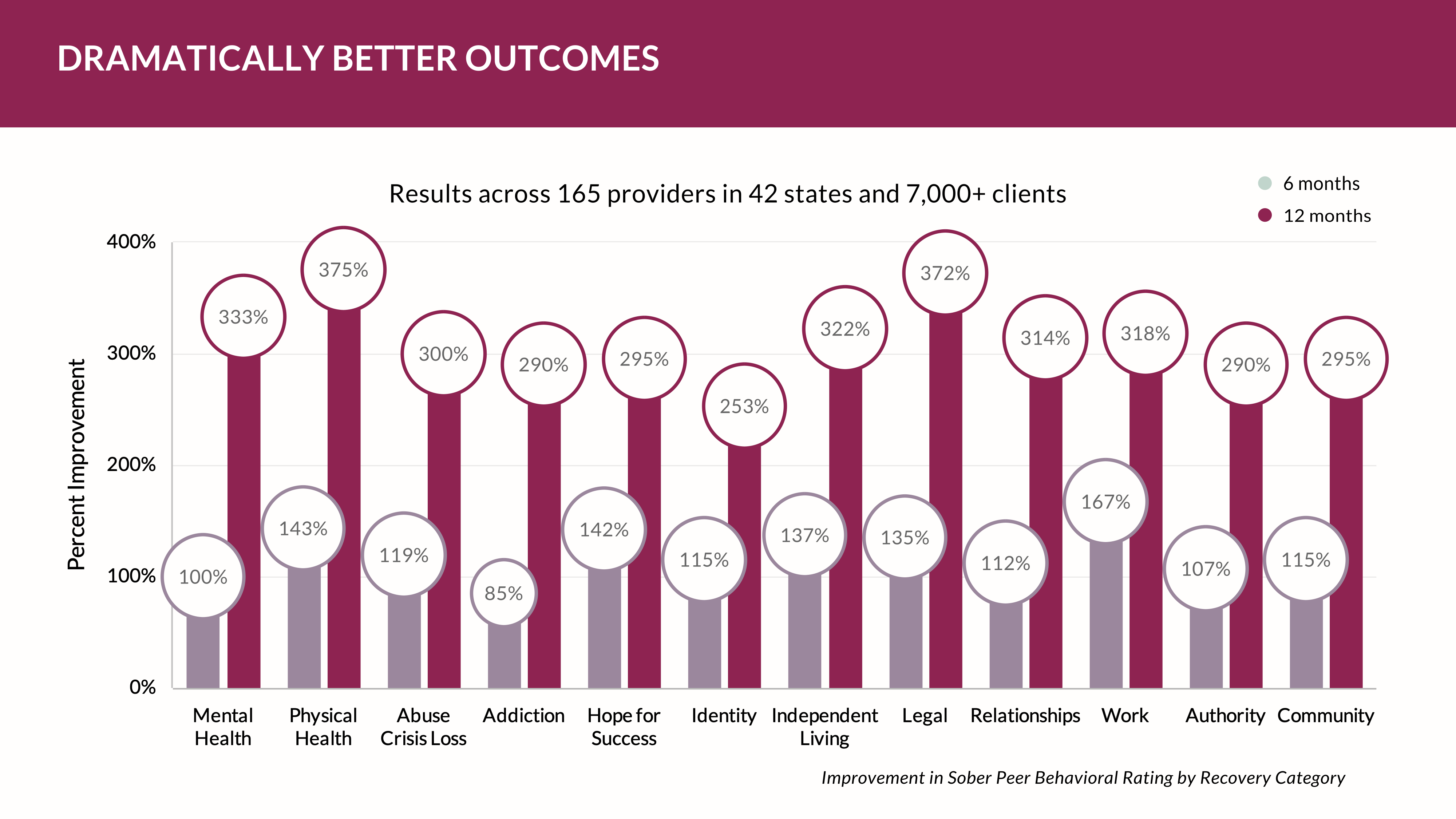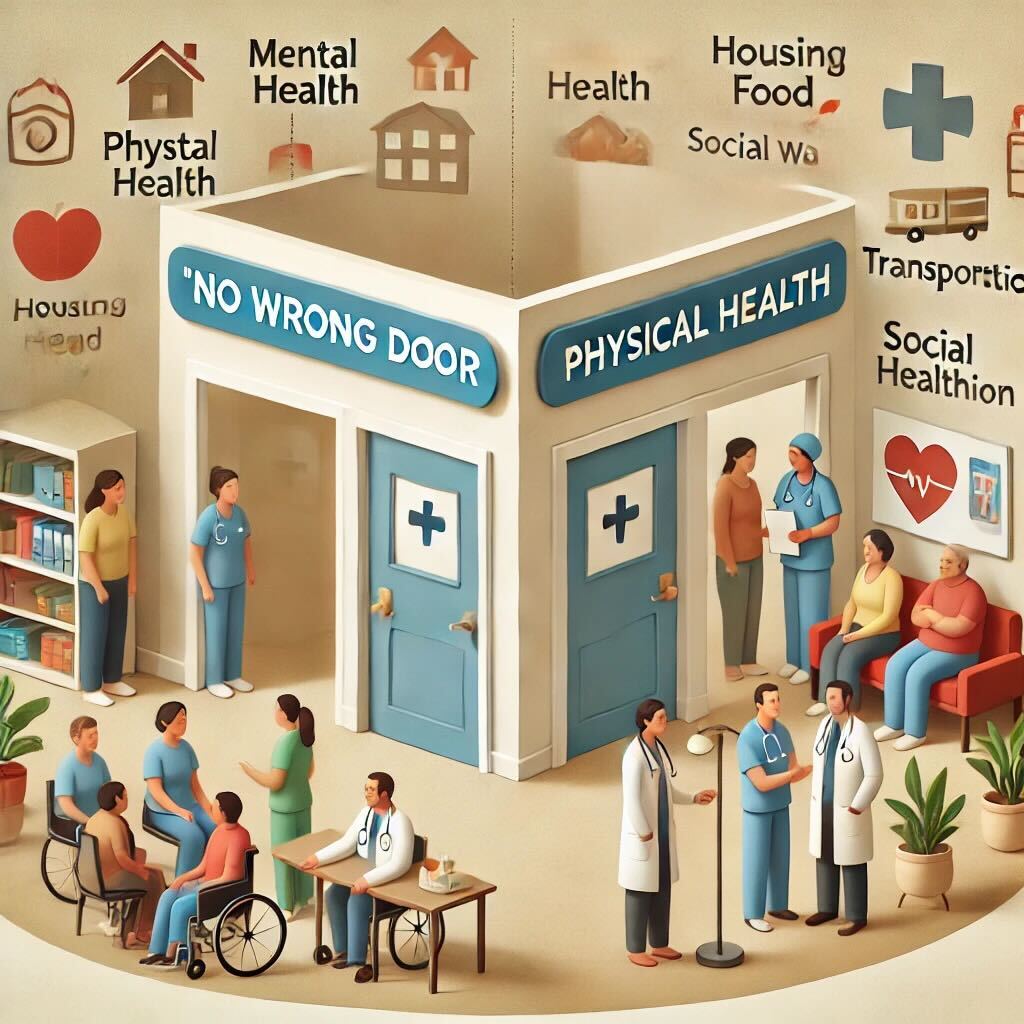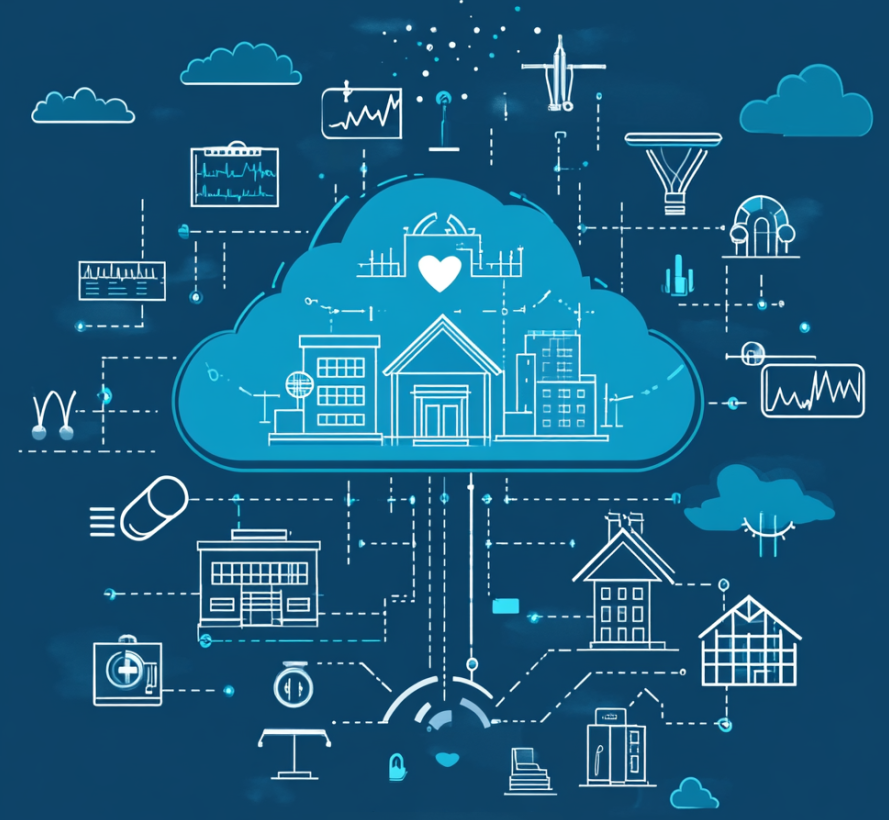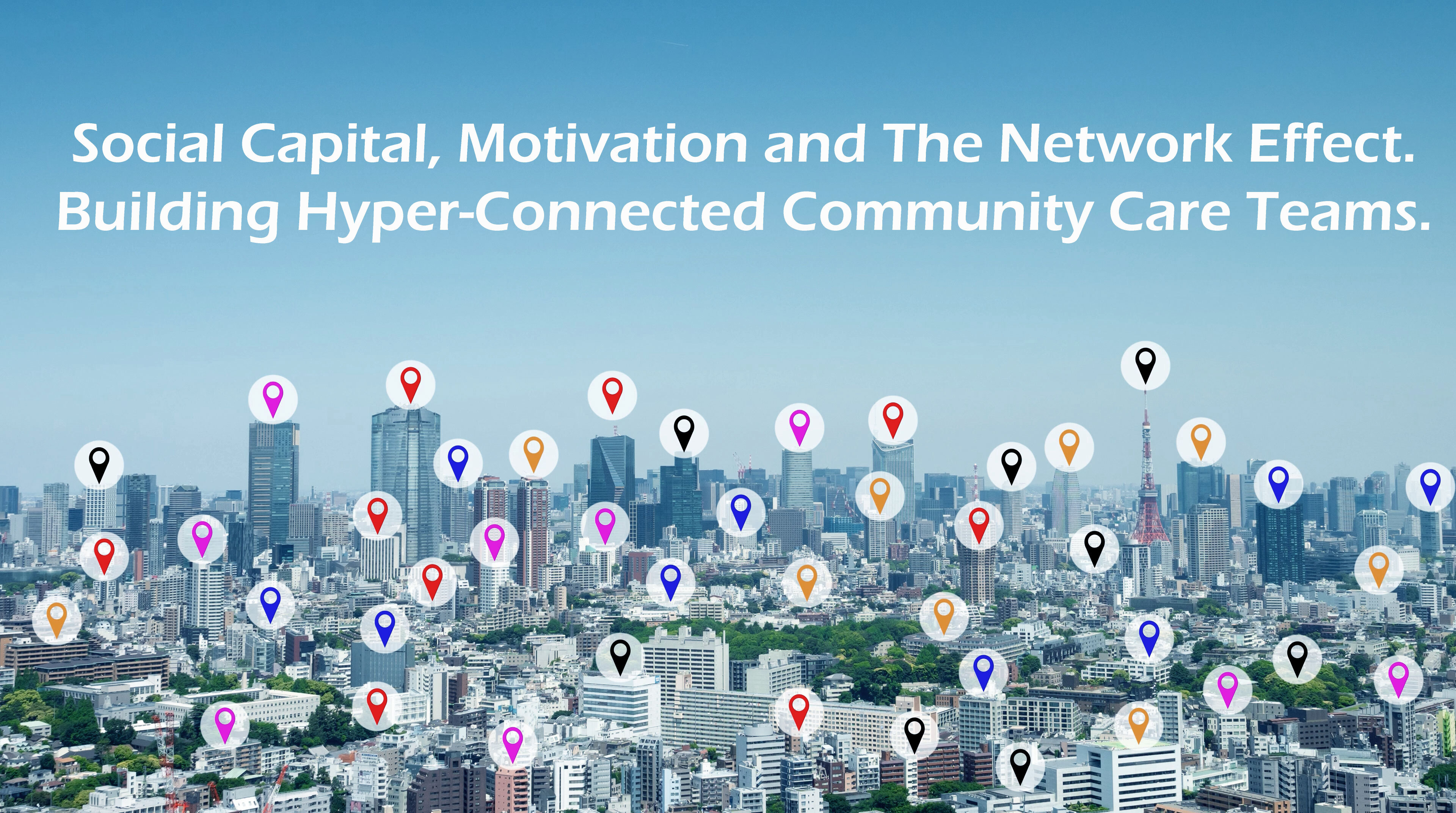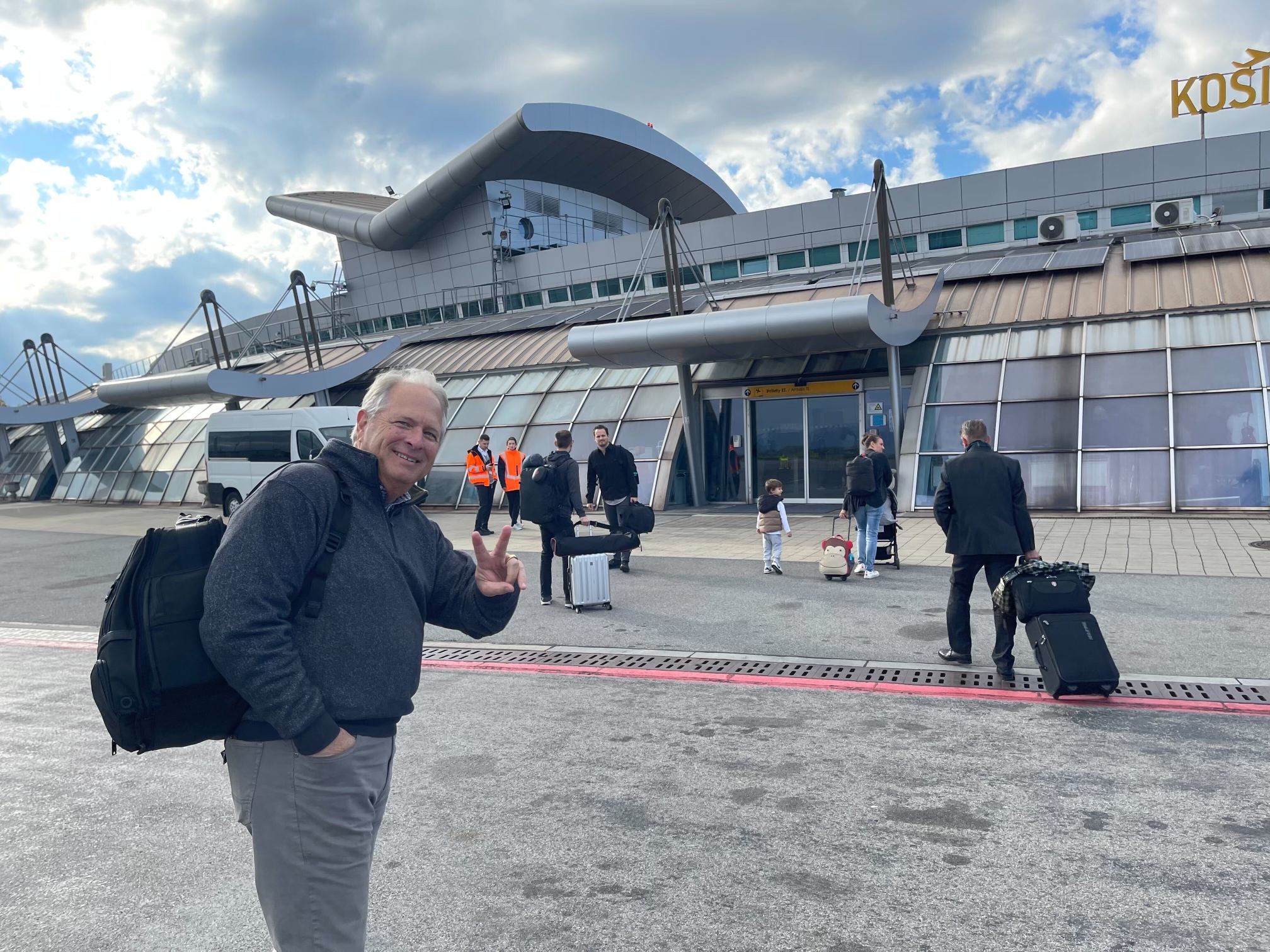Published Date:
Dec 9, 2024
Exclusive
Mental Health
Addiction
Drugs
Are Environmentalists Killing the Environment?
Ship Leaves Brownsville Texas Ship Channel Enroute to Foreign LNG Plants
How a Small Township in South Texas May Be Harming the Race to a Cleaner World
In an ironic twist, environmentalists may have dealt a serious blow toward a greener future – and the U.S. economy. The recent decision by a federal court to revoke the Rio Grande Texas Liquefied Natural Gas (LNG) project’s authorization is a perfect example.
The Town of Port Isabel is a lovely oceanside community at Texas’ southern-most tip that sits on one of the world’s top-four most admired ocean estuaries and neighbor to the Padre Island National Shore. I know it well because I live, and invest, there.
How did a local city manager of 5,000 people play such an important role in the global race toward a cleaner world? Let me paint a picture for you.
First, there are two U.S. energy policy approaches at play here. One, I’ll describe as the “drill baby drill” approach which is a dumbed-down colloquialism that means our future energy policy relies on natural gas produced electrification as a bridge to a cleaner world. The other approach, currently the policy of the U.S. is an effort to eliminate, or vastly curtail fossil fuel production to chase a global carbon emissions standard set by a world-wide group of countries collectively; except from the worlds’ worst polluters, China and India.
Tiny Port Isabel, Texas, backed by the environmental lobby and current U.S. energy policy has effectively slowed the bridge to electrification.
However, Port Isabel stopped the bridge to electrification by shutting down America’s effort to produce liquified natural gas (LNG) at home. Because LNG is the only way to transport national gas to power the electrification economy from the world’s largest supplies of natural gas, the project was set to play a crucial role in providing cleaner-burning natural gas for both domestic use and international markets.
The oil & gas industry represents a staggering 8% of U.S. economy. However, environmental maneuvers, particularly around carbon capture and air quality, has halted the project preferring solar as the source of powering the globe. While protecting the environment is the goal, this delay ironically works against global climate goals because natural gas is a critical bridge fuel, reducing reliance on coal and lowering emissions.
The Rio Grande LNG project, if allowed to move forward, would help the U.S. export natural gas to countries looking to transition away from dirtier fuels like coal.
Stringent regulations and legal hurdles create roadblocks, making it difficult for projects like this to get off the ground. The township’s opposition, based on concerns of potential air quality and carbon emissions, overlooks the broader benefit of using natural gas as a cleaner alternative to coal. Moreover, the delays and legal battles surrounding these projects drive up costs and prolong reliance on less environmentally friendly energy sources. While environmental activism is essential, it must be balanced with realistic solutions that promote progress toward a cleaner energy future.
By obstructing projects like this, environmentalists may be delaying the very progress they hope to achieve.
The Rio Grande case highlights the need for a more balanced approach. Natural gas, while not perfect, remains a vital part of the global strategy to reduce emissions and transition to renewables. If every project is blocked over regulatory concerns, the world’s move to a cleaner energy future could be significantly slowed.
In the end, the case raises an important question: are environmentalists, in their pursuit of perfection, actually killing the environment they seek to protect?
The race toward a cleaner world requires a balanced approach—one that recognizes the immediate need for cleaner fuels like natural gas while continuing to invest in long-term renewable solutions.
Can we create a balanced, well-intentioned policy where activism can avoid doing more harm than good?
We’ll be watching.
Other Blogs
The Plan No One Sees Coming—But Soon Will
Exclusive
Mental Health
Addiction
Drugs

Ant Pheromone Study May Improve Mental Health Outcomes
Exclusive
Mental Health
Addiction
Drugs
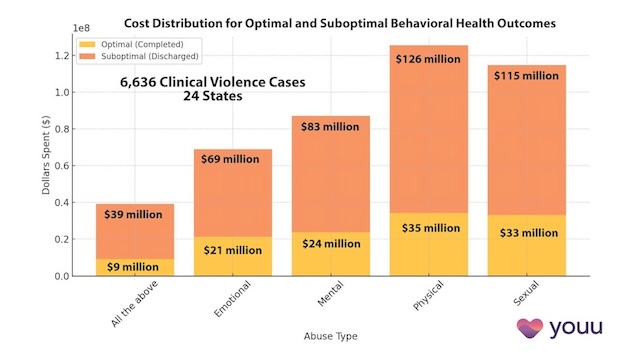
Interrupting Violence Should Be Irresistibly Investable
Exclusive
Mental Health
Addiction
Drugs
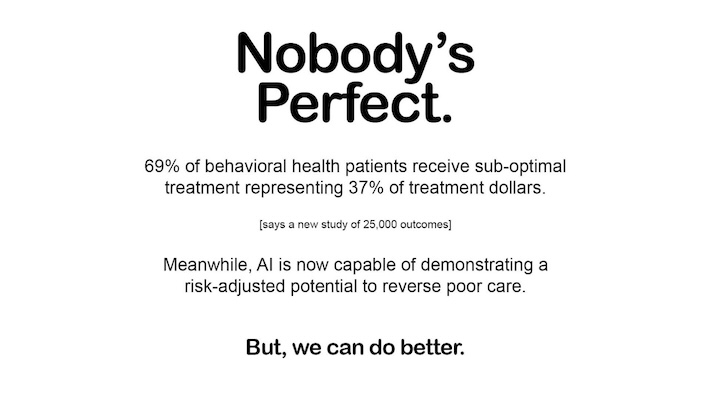
69% of Behavioral Health Patients Receive Sub-Optimal Care According to a New Analysis
Exclusive
Mental Health
Addiction
Drugs
Other Blogs
Have Questions? Lets Meet
Select a time you like to meet with us
